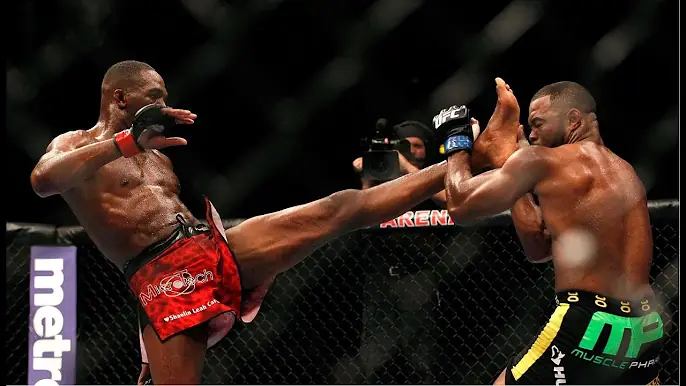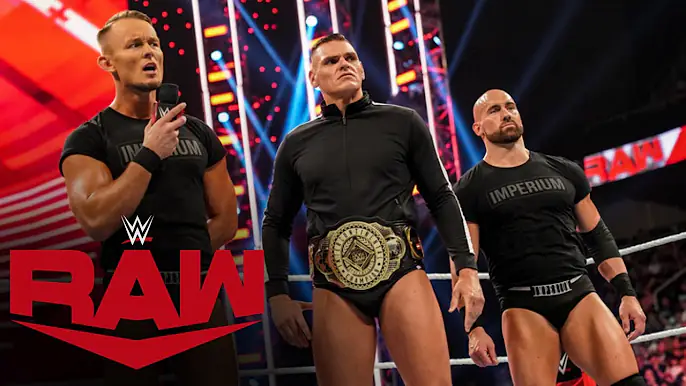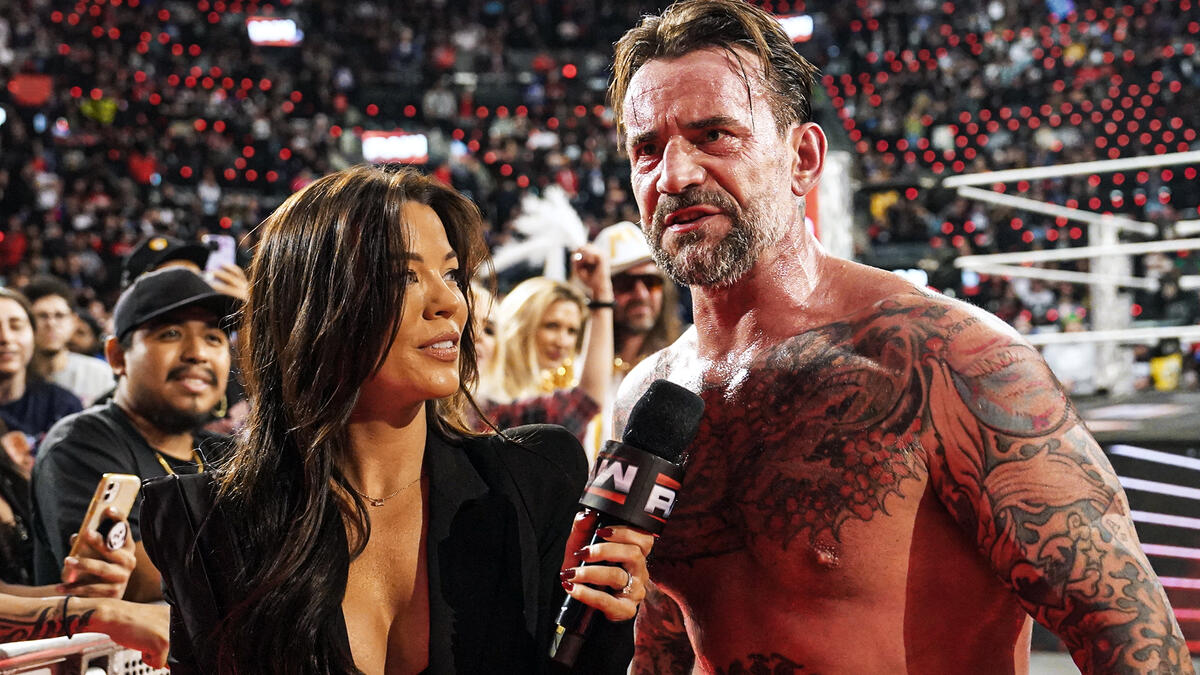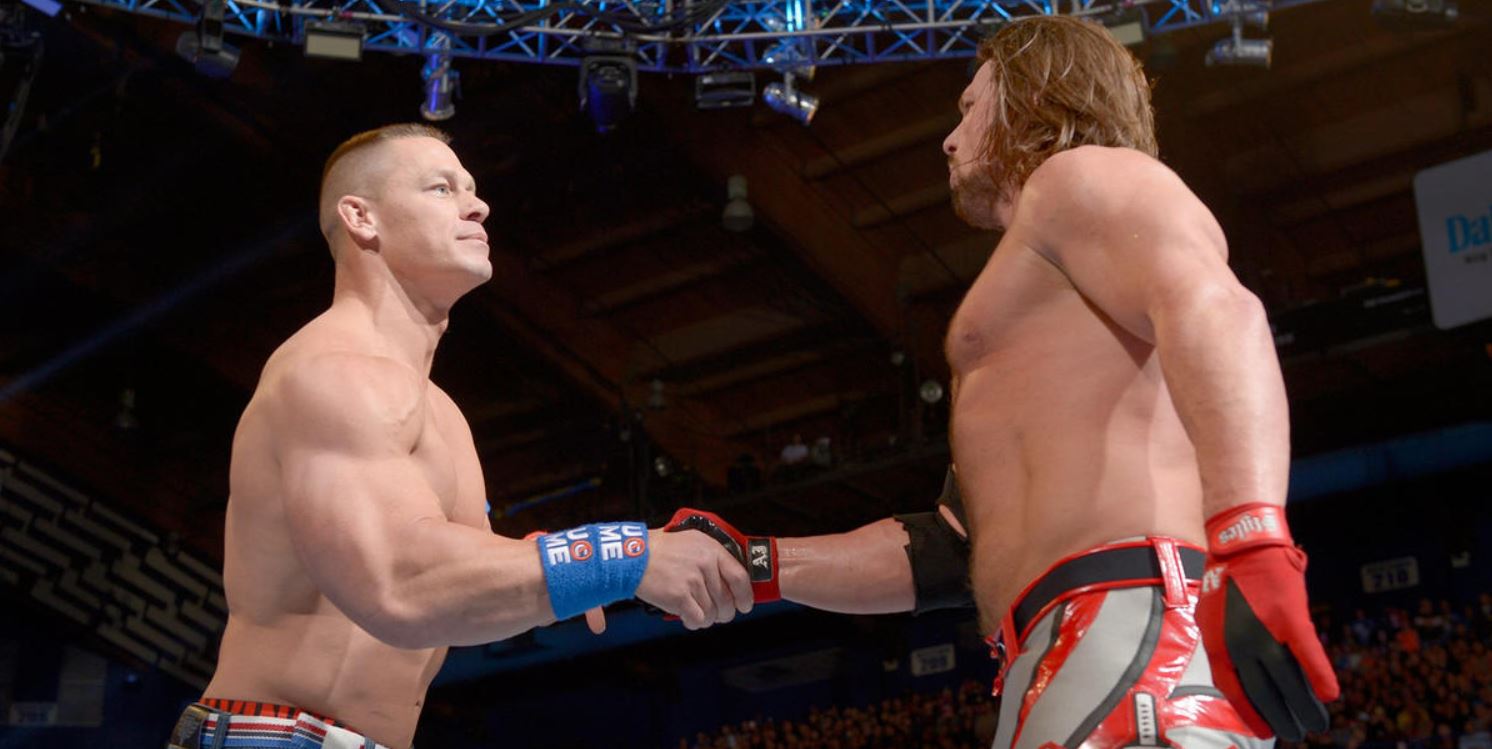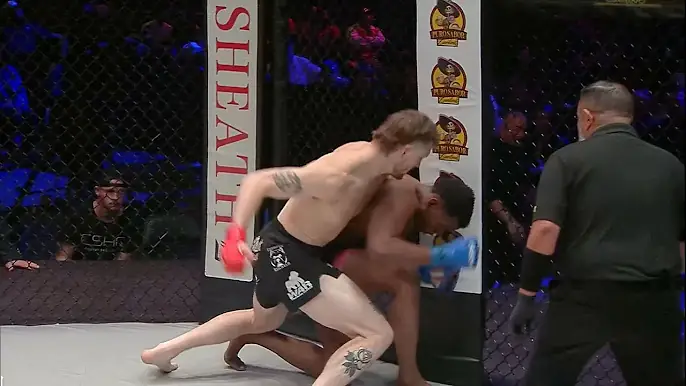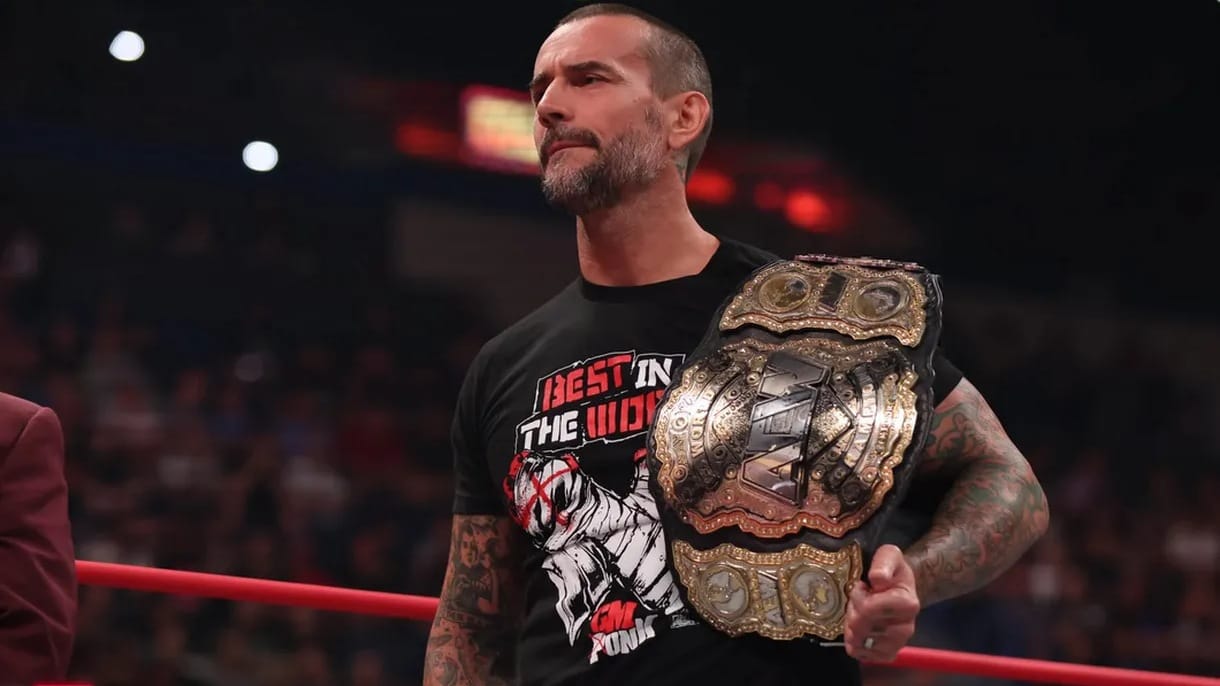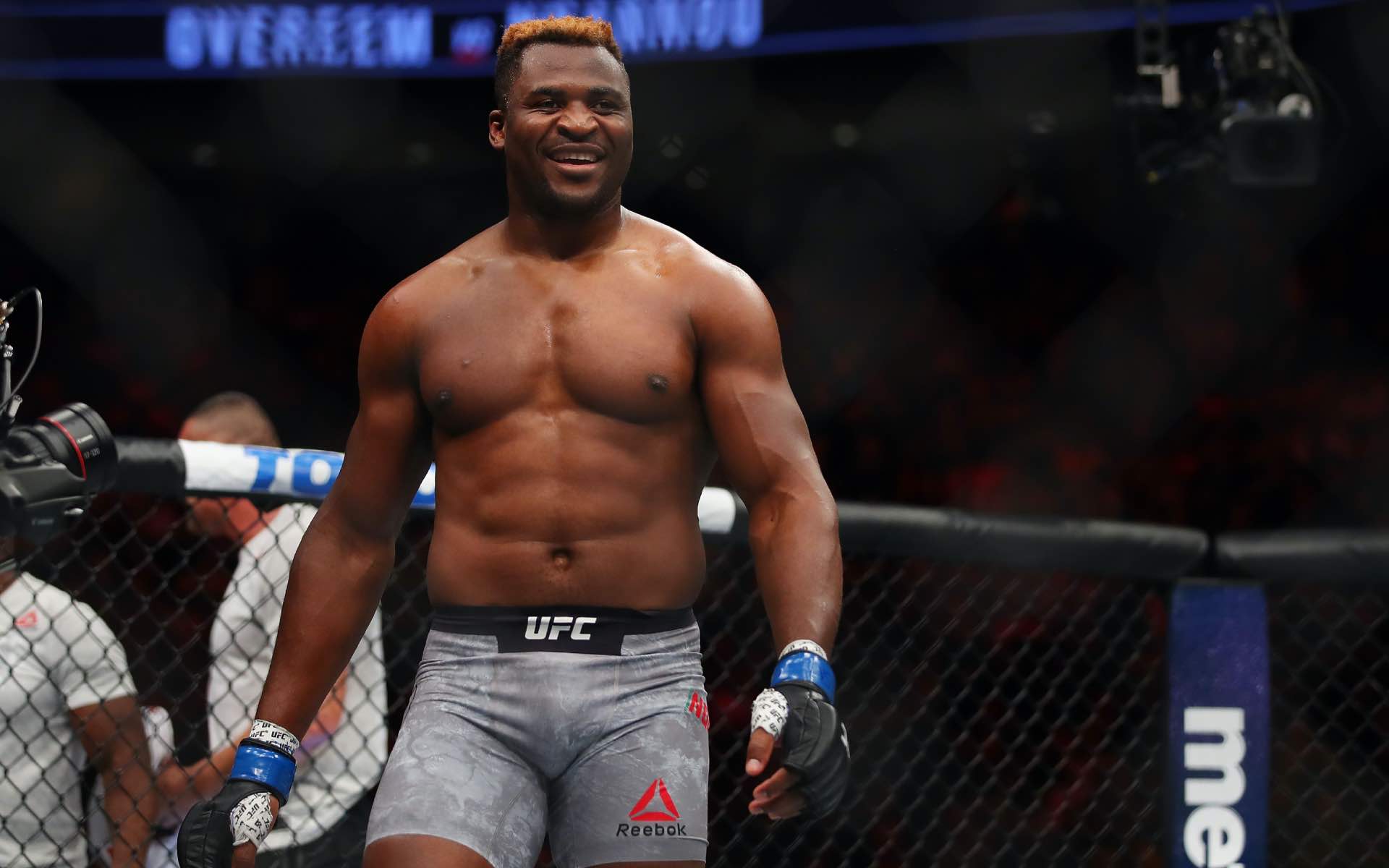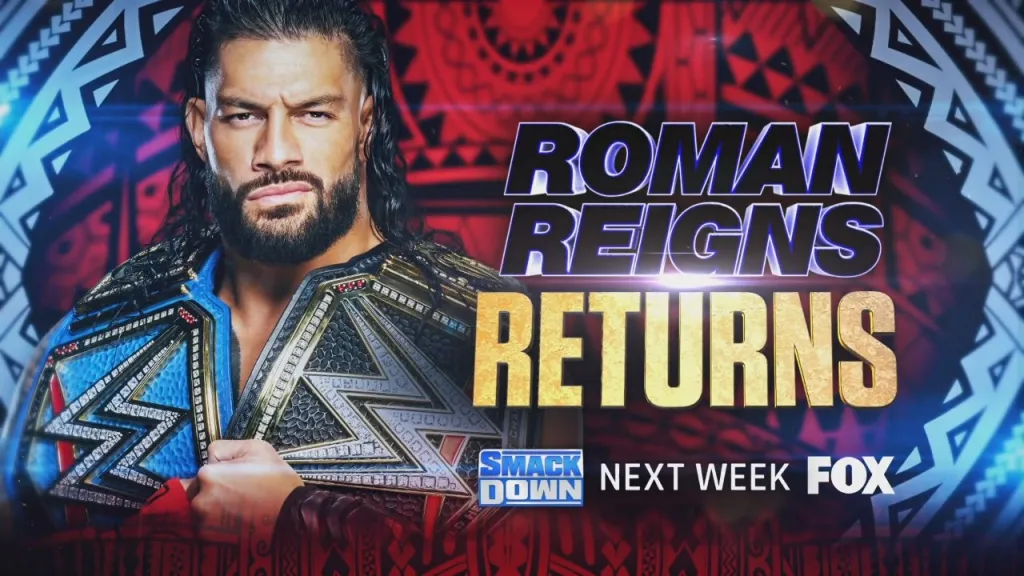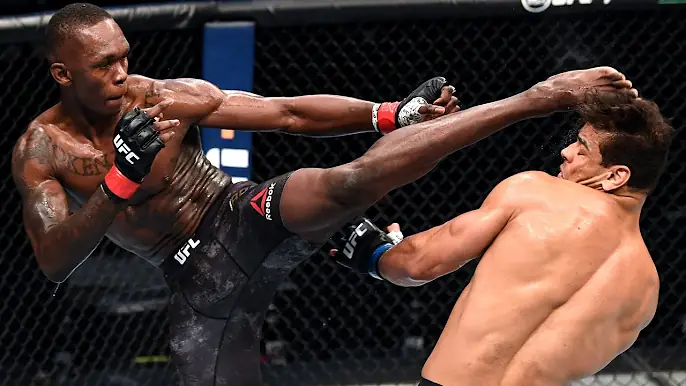3 Reasons Why Jon Jones Withdrew From UFC 295
The UFC heavyweight champion Jon Jones made waves lately when he declared he would not be competing in the highly anticipated UFC 295 event. The world of mixed martial arts fans and the MMA community are stunned by this unexpected turn of events. In this piece, we will examine the three primary factors that led to Jon Jones’s decision to pull out of UFC 295.
- Severe Injury Sidelines Jon Jones
An acute reminder of the hazards and physical strains that mixed martial arts athletes must contend with, Jon Jones’s injury is more than simply a small setback. A pectoral tendon tear is a crippling injury, particularly for a fighter like Jones. A fighter’s capacity to strike, grapple, and defend is greatly dependent on their pectoral muscle; hence, any injury to this muscle can have a permanent effect on their athletic career.
The eight-month recuperation time highlights the injury’s severity even more. Any fighter may find it difficult to cope emotionally and psychologically with this prolonged absence from the octagon. In addition to the physical suffering, they often feel frustrated at being neglected while at the height of their abilities. Known for his extraordinary work ethic and competitive spirit, Jones now faces a difficult rehabilitation path.
Furthermore, it demonstrates how vulnerable even the best athletes are. Fighters often put themselves under extreme physical stress as part of their training, pushing their bodies to the limit. Inside the cage, they might have superhuman skills, but their bodies are still vulnerable, and they can still get hurt.
After all, Jon Jones’s injury is a clear reminder of the risks and sacrifices boxers make in order to thrill fans and strive for greatness. It also highlights the unpredictable nature of combat sports, wherein setbacks may change the path of history and present chances for others to take centre stage.
- Opportunity for Other Fighters
The rearranging of the UFC 295 schedule perfectly captures the spirit of MMA and its competitors’ enduring resolve. Jiří Procházka and Alex Pereira, who may not have expected to be the event’s main attraction, now get a fantastic chance to show off their abilities in a prominent fight. Now is their moment to take centre stage, as the spotlight has suddenly shifted.
The decision to include Tom Aspinall and Sergei Pavlovich in the interim heavyweight title bout is evidence of the fighters’ willingness to take on new challenges. Their willingness to step up at short notice, even if they weren’t originally on the card, says volumes about their devotion and dedication to the game. The quick rise to a title match exemplifies the versatility and tenacity that characterise MMA competitors.
Combatants are aware that opportunities might present themselves at any time in this dynamic environment where injuries can derail even the most well-laid strategies. Both physically and intellectually, they are always primed to take advantage of the opportunity. Now that the main attraction of MMA is under wraps, fans can anticipate an evening full of surprising turns of events and underdog tales.
- The Uncertainty of UFC Title Fights
The unpredictability of UFC championship fights is highlighted by the recent run of injuries and fight cancellations. As much as fight fans look forward to these high-profile bouts, they also know that until both combatants enter the octagon, nothing is certain. The devastation of withdrawal due to injury is compounded by the fact that fighters undergo months of rigorous training and preparation.
Alexander Volkanovski took advantage of a temporary injury to replace Charles Oliveira and Islam Makhachev. Even if it didn’t work out for him, it demonstrated the spirit of the warrior that characterises competitors in mixed martial arts. Similar to how Kamaru Usman and Khamzat Chimaev’s unexpected battle was made possible by Paulo Costa’s staph illness, These unanticipated modifications give the sport an additional degree of unpredictability and have the potential to produce some of the most exciting moments in MMA history.
The UFC community has demonstrated adaptation and resilience in the face of these challenges. Fans who are enthralled by intense action support their favourite fighters no matter what, and the combatants themselves never fail to rise to the ccasion. These difficulties only serve to deepen the story of unwavering bravery, tenacity, and the drive to prevail in the face of overwhelming adversity, which has preserved the UFC’s heritage. That speaks much about the MMA community’s steadfast spirit and continuing appeal.
Conclusively, the withdrawal of Jon Jones from UFC 295 serves as a heartbreaking reminder of the physical toll that fighters face during preparation and the unpredictability of mixed martial arts. It has emphasised the resilient nature and flexibility of people in the sport, in addition to giving other fighters a chance to shine. Every battle in the mixed martial arts world is an exciting new chapter in the enduring story of courage, tenacity, and the unrelenting resolve to overcome adversity—even when injuries can ruin the best-laid plans.
